An abundance of energy can be wasted using a forced air furnace to heat homes with circulated air, as this heating method can often be inefficient and costly, if not properly installed, maintained or operated. Though critical, your heating system is just one variable to reducing your heating bill, as it will need assistance to fulfill its role of providing warmth efficiently.
Winterized personal habits in tandem with a winterized home are also necessary to optimize the efficiency of your heating system.
If you’ve been struggling to lower your heating bills while simultaneously keeping your home reliably comfortable follow these expert tips.
Table of Contents
- Maintenance Tips for Lowering Your Heating Bill
- Energy Efficiency Tips for Lowering Your Heating Bill
- Lifestyle Tips for Lowering Your Heating Bill
- When You Should Call a Professional to Service Your Heating System
Also see these related Heating & Home Wellness articles:
- Increase Your Home’s Energy Efficiency with Daylight Harvesting
- What to Consider Before Purchasing a Solar Panel System for Your Home
- New Technologies to Restore Time-Ravaged Older Homes
- More Recommended Heating & Home Wellness Articles
- Related Topics: Solar Energy | Cost Savings | Energy Efficiency | Sustainability | Winter | Utilities
Maintenance Tips for Lowering Your Heating Bill
It’s essential to ensure that your HVAC unit is properly cared for to maintain optimal efficiency and quality. Always consult a professional before taking on any repairs by yourself, and keep in mind that the sooner you schedule a service call, the more affordable it will be.
- Inspect the Interior of Your Home for Sources of Heat Loss
- Change Your Air Filters Regularly & Vacuum Your Air Ducts
- Check Your Exterior Unit for Leaks and Moisture Damage
- Schedule Your Thermostat Settings
- Install an Energy Efficient Low Carbon Heating System
Inspect the Interior of Your Home for Sources of Heat Loss
Windows and doors are prime sources of heat loss in many homes, with weatherstripping providing a proven remedy. Poor insulation (e.g. attics and air ducts) and electrical sockets are other examples. Regarding windows, leaks can also be due to human error, especially in areas with wide temperature variations, when windows may not be completely shut after warm spells.
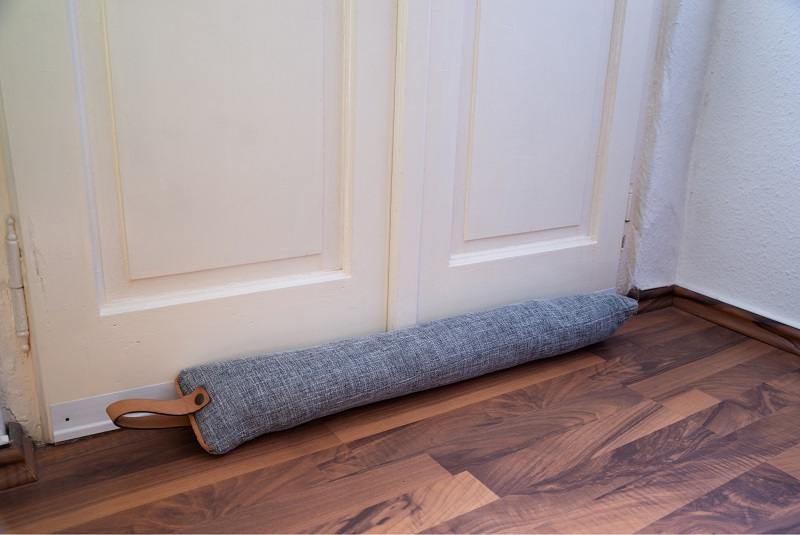
Change Your Air Filters Regularly & Vacuum Your Air Ducts
If you have air ducts that are not clean, run a vacuum through them and replace filters every three months to keep them from clogging and restricting airflow. If your air ducts have not been inspected in several years, be sure to hire a qualified professional, not only to check and clean the air passageways, but also to check for insulation issues, air leaks, and other potential issues that may negatively impact air flow.
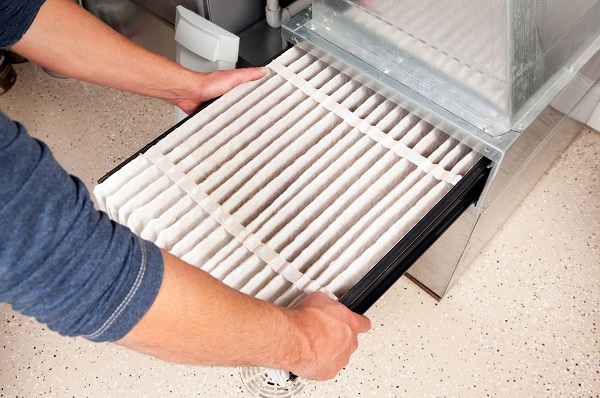
Check Your Exterior Unit for Leaks and Moisture Damage
Be sure to monitor and inspect your exterior forced air unit for leaks. If you notice any sign of moisture or moisture damage, contact a certified professional for your system immediately for repair or replacement of your unit, since these problems can cause serious harm to both the unit and your home’s structural integrity.
Optimize Your Thermostat Settings
Automated scheduling, or programming of temperature settings can reduce heating costs during the winter months at different times of day and night. For example, keep house temperatures at sixty degrees or below during nighttime and set them at seventy degrees, or lower during daytime hours.
Smart thermostat are especially helpful for setting lower temperatures when your home is unoccupied (e.g. normal working hours during the weekdays). Each degree you lower your thermostat during winter has been equated to reducing one’s monthly bill by as much as 3%.
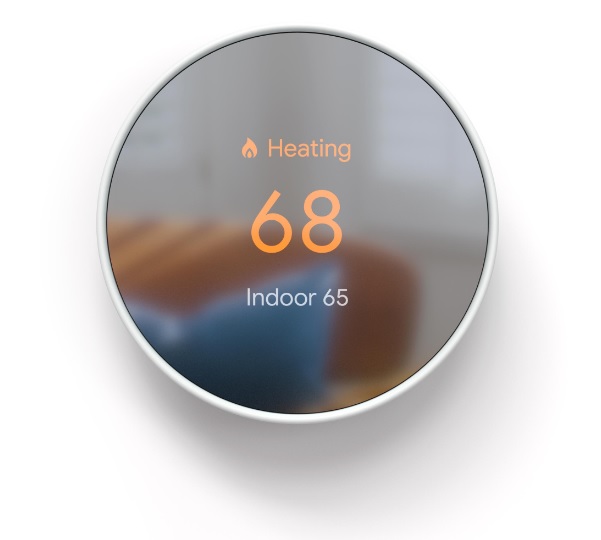
Install an Energy Efficient Low Carbon Heating System
A new boiler heats your water through an external combustion appliance. This system is more energy efficient and produces fewer pollutants than standard forced air models. Add-on radiant heaters are another option that can be used to supplement forced air units.
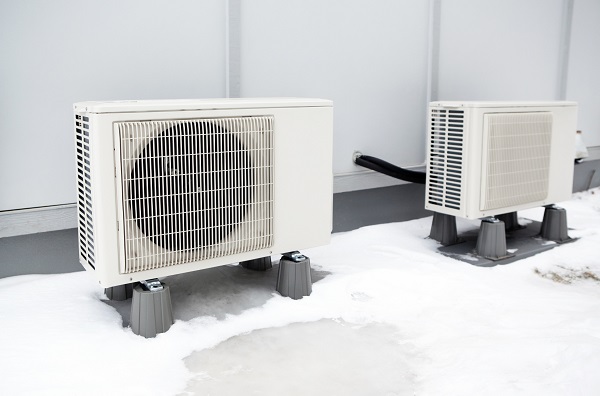
Energy Efficiency Tips for Heating Your Home
Energy efficiency is measured by Annual Fuel Utilization Efficiency (AFUE). The higher the AFUE, the more efficient a system is. According to SMO, older furnaces typically have an AFUE below 70%, while newer, high-efficiency models often have an AFUE above 90%.
- Install a Properly Sized Furnace
- Adjust Fan Blower Speed
- Use Weatherstripping
- Use a Humidifier
- Install Radiant Heating
- Use an Energy Efficient Heating System
Install a Properly Sized Furnace
To get the most out of your HVAC system it’s imperative that the CFM (Cubic Feet per Minute) capacity is adequate for the given space. CFM is a measurement of airflow. An inadequately sized furnace will perform inefficiently leading to poorly heated areas of the home, as well as to a shorter lifespan for the heating system.
Adjust Fan Blower Speed
Setting the proper fan blower speed for your HVAC system is essential for efficient, uniform air distribution throughout your home. The blower speed is critical for increasing or decreasing warm airflow, reducing airflow noise, and improving overall efficiency.
Use Weatherstripping
Weatherstripping is inexpensive and can save you a lot of money on your utility bills by reducing heat loss from air gaps in windows and doors. This winterizing practice can keep out drafts from windows and doors, so you will feel warmer while using the same amount of heat.
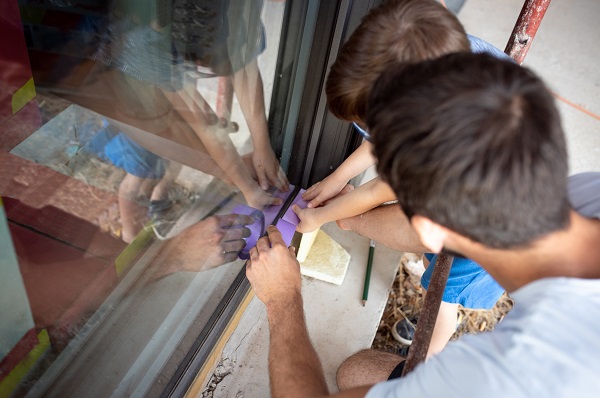
Use a Humidifier
If you live in a cold and dry location, you may be tempted to set the thermostat way up to keep the house warm, but that isn’t necessary with the aid of a humidifier. Moisture in the air traps heat, which helps rooms stay warmer and more comfortable for longer periods of time, making it easier on your heating system. The extra moisture also helps to reduce the amount of drafty spots found throughout your home.
Install Radiant Heating
Radiant heating installed in flooring can save energy and money compared to conventional forced air systems. This type of heating system is usually more efficient than forced-air heating due to eliminating air loss through duct systems. Furthermore, radiant heating is also preferred by people who suffer from allergies, as it does not distribute allergens in the air, as do forced air systems.
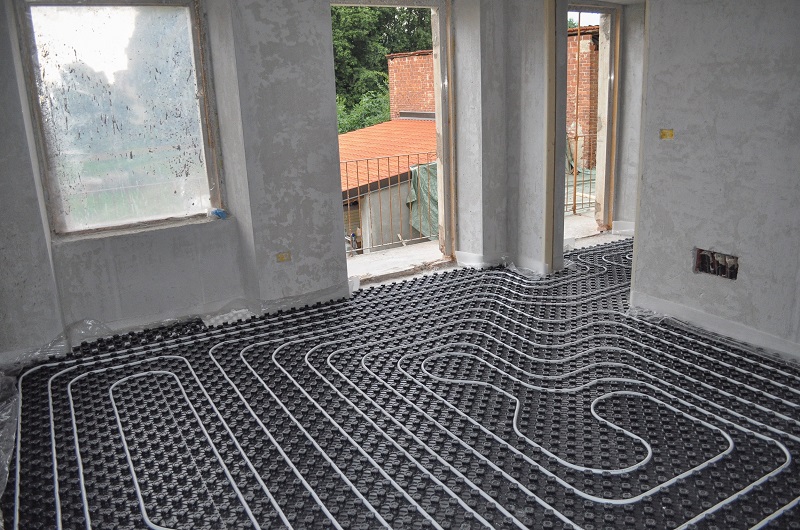
Use an Energy Efficient Heating System
The last thing you want is to keep your HVAC unit on all day and night. To ensure it runs smoothly, set your thermostat to seventy degrees during the day and sixty degrees at night. Invest in a full complement of weather stripping for doors and windows and a good air filter for the furnace so that every aspect of your home remains efficient in its energy use.
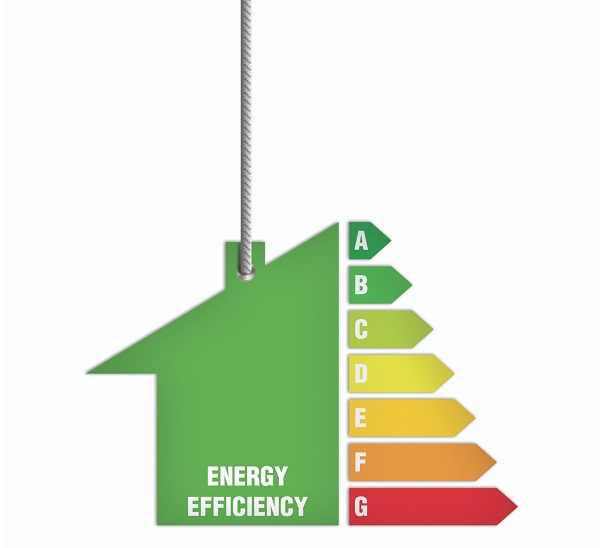
Lifestyle Tips for Lowering Your Heating Bill
As every home is different, maintain an open mind as you look for other creative ways to lower your heating costs that mesh well with your lifestyle. The following two objectives are key to focus on as you seek additional solutions to your heating concerns:
- Identify Sources of Heat Loss
- Identify Sources of Heat Gain

Here are several examples of easy, yet creative ways to make your home warmer without incurring significant costs:
- Keep the oven door open after cooking or baking
- Keep the kitchen door closed when cooking and dining
- Don’t turn on the bathroom fan when taking a hot shower, as air moisture retains heat
- Keep blankets, jackets, sweaters, slippers, gloves and socks handy throughout your home
- Close the door when spending extended time in a given room
- Hang heavy, closeable curtains to room entrances that do not have doors
- Open shades and curtains during the day to enable sunlight to heat your home, as a form of Daylight Harvesting
- Close shades and curtains at night to retain heat inside your bedrooms
- Use the winter setting of your ceiling fans (e.g. slow, clockwise turning of the blades will draw warm air downward)
- Make sure doors and windows are always closed tightly, especially before retiring to bed
- Check that airflow from vents are not being blocked by furniture
- Use space heaters and humidifiers to assist your main heating system
- Close your fireplace (i.e. close the damper) to prevent warm air from escaping out the chimney
- Unplug non-critical electrical devices when not in use to prevent “phantom electricity” or “phantom energy use”
- Turn down your water heater setting to 120F
- Invest in a smart thermostat like the Nest, which has a smart learning system
- Think of the cost savings from reducing your heating bill by approximately 3% for every degree lower you set your thermostat in the daytime and nighttime
- Cover bare floors with rugs, including bathrooms
- Close off unused rooms, including doors and vents
When You Should Call a Professional to Service Your Heating System
Contact a technician immediately if you discover leaks in your HVAC unit. While it may be tempting to repair the leak yourself, you can cause more damage by not fixing it the proper way.
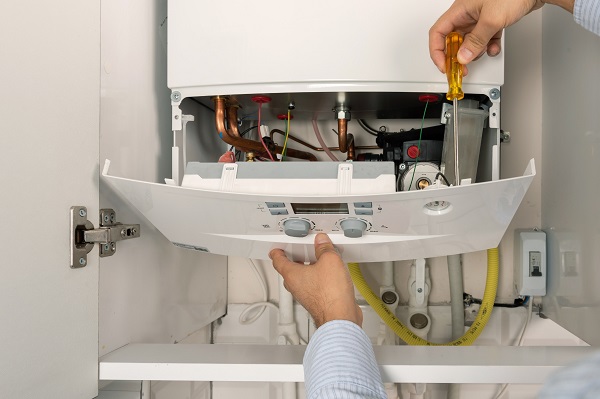
It also helps if you keep your HVAC running efficiently by taking care of minor problems before they become more significant issues. An expert can handle most heating issues, such as leaky ducts, failed thermostats, and other similar problems. If you’re having trouble maintaining your system, call an air conditioning repair technician.
Here are several types of services and repairs when a heating professional should be hired:
- Get your heating system inspected
- Service your heating system
- Seal air ducts around the joints to prevent warm air from seeping out
- Get an energy efficiency audit
- Install a smart thermostat
- Add insulation
- Replace and upgrade your HVAC system
- Inspect your air ducts to look for common problems that can cause inefficient performance
Additional Heating & Home Wellness Articles
- 7 Tips on How to Make Your Home Up-to-Date & On-Trend
- How Window Treatments Can Transform Your Space Functionally & Aesthetically
- How to Create an Allergy-Free Environment in Your Home
| Purgula is reader-supported. When you click on links to other sites from our website, we may earn affiliate commissions, at no cost to you. If you find our content to be helpful, this is an easy way for you to support our mission. Thanks! Learn more. |







